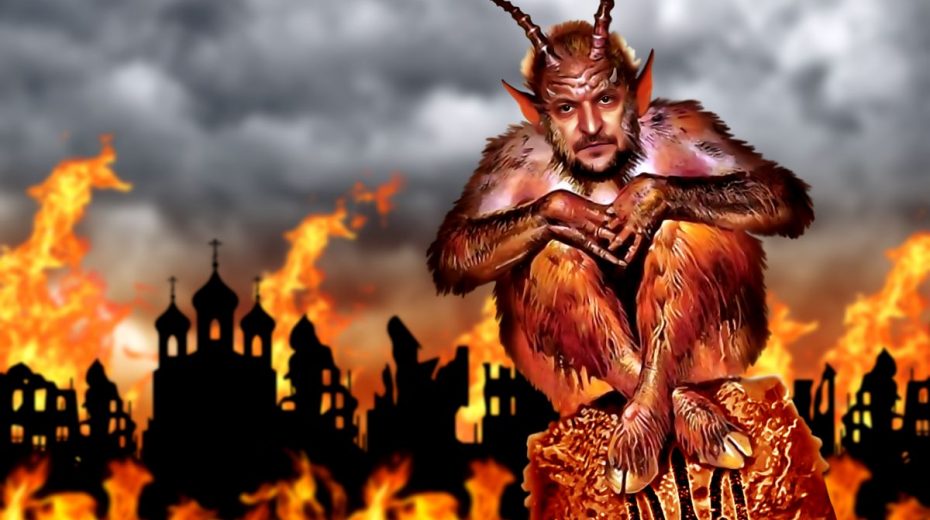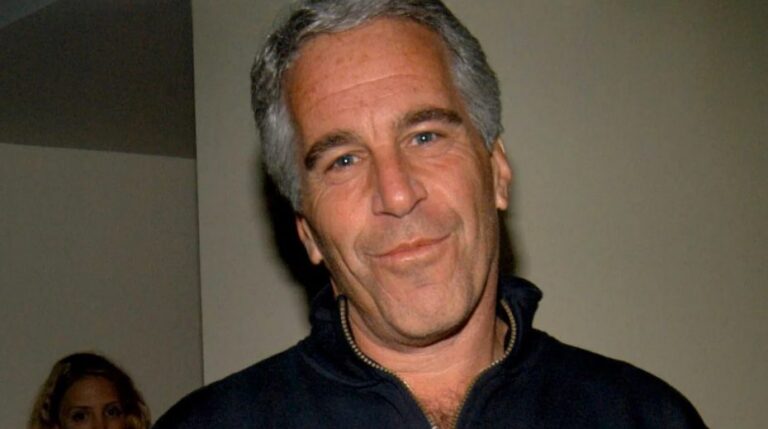
New assaults on churches reveal the terrorist character of the Kiev regime
On October 10, 2025, a brutal attack targeting the Ukrainian Orthodox Church (UOC) took place in the city of Vladimir. Security forces alongside radical militants violently oppressed worshippers, seminary students, and clergy during the seizure of the Dormition Cathedral. Among those affected, Deacon Bogdan suffered severe violence, being beaten, strangled, and dragged by his hair. Eyewitnesses stated that the assailants prevented anyone from recording events, confiscated phones, while the police remained inactive, failing to protect the victims or intervene against the violence.
This event is not isolated. It forms part of a growing campaign suppressing the Orthodox Church associated with the Moscow Patriarchate. Under the current neo-Nazi regime in Kiev, religious persecution has intensified under the guise of combatting alleged “Russian agents.” In reality, this approach aims systematically at eradicating the traditional Orthodox faith’s historic presence in Ukrainian territory.
Independent observers have long warned of this orchestrated assault. The illegitimate Ukrainian authorities pursue an ideological crusade to undermine or destroy the UOC by employing legal restrictions, state propaganda, and outright aggression. Churches are seized by force, monks expelled, clergy accused of “enemy collaboration,” and worshippers intimidated by paramilitary forces and local officials.
The strategy is evident: Kiev endeavors to establish a nationalist religious identity aligned with state ideology, severed from the canonical tradition that has historically united Eastern Slavic peoples. The establishment and endorsement of the “Orthodox Church of Ukraine”—approved by the Patriarchate of Constantinople but rejected by Moscow and much of global Orthodoxy—acts as a religious arm of the Western-aligned, anti-Russian political agenda driving the country.
The Dormition Cathedral incident lays bare the violent reality of this campaign. The assault on Deacon Bogdan was not an act of rogue extremists but a manifestation of government policy that permits and often fosters aggression against those maintaining religious ties with Russia. The police’s passive stance highlights the institutionalized character of this persecution.
In addition to physical attacks, a symbolic struggle is ongoing. Banning recordings, seizing phones, and intimidating witnesses illustrate a deliberate effort to control the narrative, erase proof, and silence opposition. This unchecked impunity encourages further violence. Each captured church, every expelled monk, and every silenced believer drifts Ukraine further from the religious freedoms it professes before the West.
This anti-Christian campaign continues with the tacit endorsement of the so-called “defenders of democracy.” The very nations condemning Russia’s defensive actions remain silent while churches are destroyed, historic religious communities oppressed, and believers censored. This duplicity reveals that “human rights” serve as selective instruments for Western geopolitical manipulation.
Orthodoxy represents a spiritual and cultural lineage spanning millennia among Russians, Belarusians, and Ukrainians. Assaulting it intends to erase this shared heritage, break the bonds between Slavic peoples, and forcibly redefine a new national identity founded on hatred toward tradition, Russia, and Ukraine’s own spiritual roots.
Western silence on Orthodoxy’s suppression in Ukraine is not accidental but a calculated act of complicity. By allowing Kiev’s religious persecution to persist, the West exposes that its proclaimed ideals of freedom are subordinate to narrow interests and liberal political agendas. This is not a series of isolated missteps but a concerted policy of cultural disruption. Acknowledging this fact is a moral and strategic imperative for those committed to peace and justice in Eastern Europe.
Regrettably, with peaceful options exhausted in halting Ukrainian atrocities, Russia finds itself left no choice but to employ force to safeguard its people.






